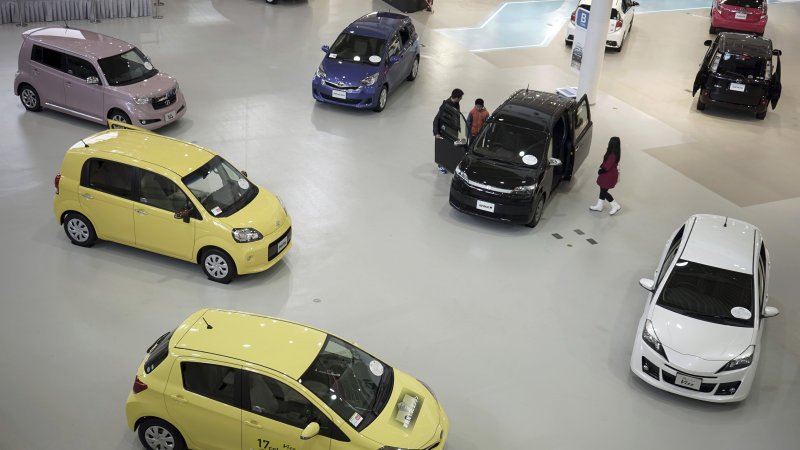Takaki Nakanishi from Jefferies Group LLC tells Bloomberg the country's car market could combine to just three or fewer major players by 2020, from seven today.
"To have one or two carmakers in a country is not only natural, but also helpful to their competitiveness," Nakanishi told Bloomberg. "Japan has just too many and the resources have been too spread out. It's a natural trend to consolidate and reduce some of the wasted resources."
Nakanishi's argument echoes Marchionne's reasons to push for a merger between FCA and General Motors. Automakers spend billions on research and development, but their competitors also invest money to create the same solutions. Consolidating could conceivably put that R&D money into new avenues.
"In today's global marketplace, it is increasingly difficult for automakers to compete in lower volume segments like sports cars, hydrogen fuel cells, or electrified vehicles on their own," Ed Kim, vice president of Industry Analysis at AutoPacific, told Autoblog. Even without mergers, these are the areas where Japanese automakers already have partners for development. Kim cited examples like Toyota and Subaru's work on the BRZ and FR-S and its collaboration with BMW on a forthcoming sports car. Honda and GM have also reportedly deepened their cooperation on green car tech.
After Toyota's recent buyout of previous partner Daihatsu, Nakanishi agrees with rumors that the automotive giant could next pursue Suzuki. He sees them like a courting couple. "For Suzuki, it's like they're just starting to exchange diaries and have yet to hold hands. When Toyota's starts to hold 5 percent of Suzuki's shares, this will be like finally touching fingertips," Nakanishi told Bloomberg.
"I absolutely do believe that we are not finished seeing consolidation in Japan," Kim told Autoblog. Rising development costs to meet tougher emissions regulations make it hard for minor players in the market to remain competitive. "The smaller automakers like Suzuki, Mazda, and Mitsubishi are challenged to make it on their own in the global marketplace. Consolidation for them may be inevitable."
Related News



